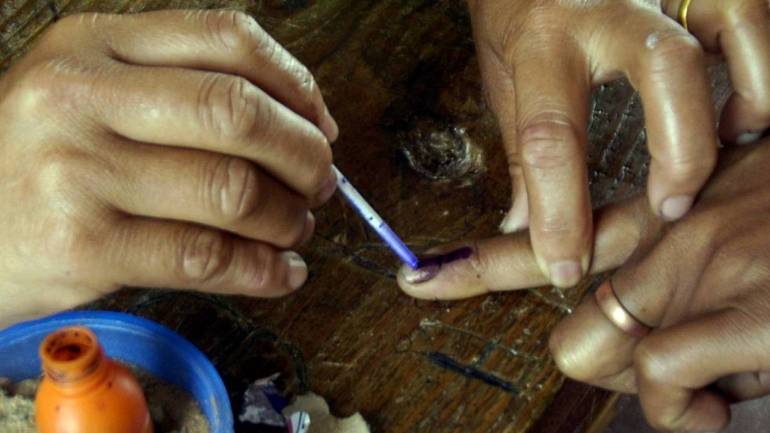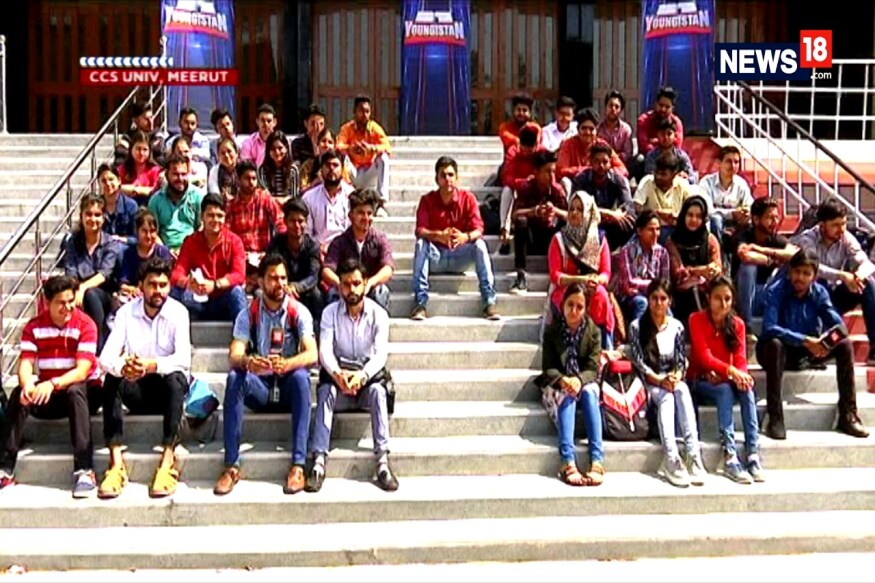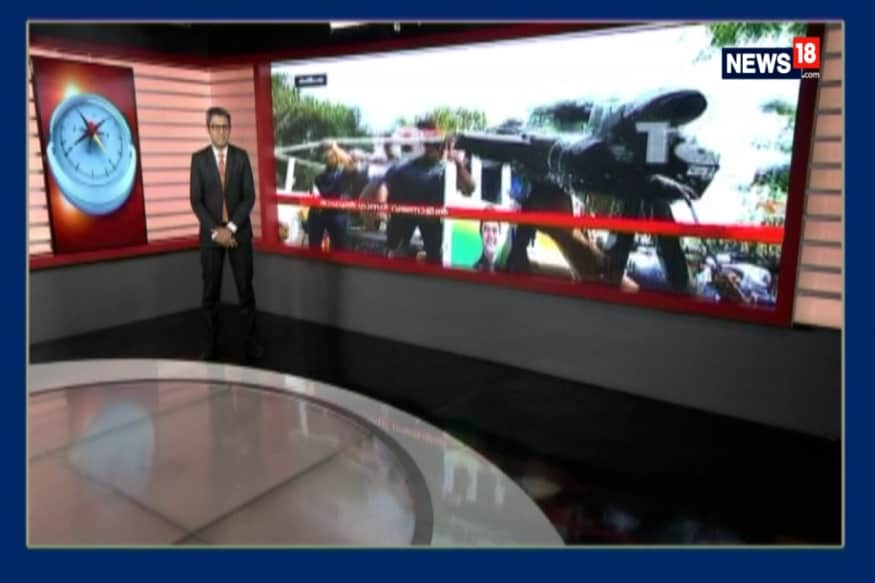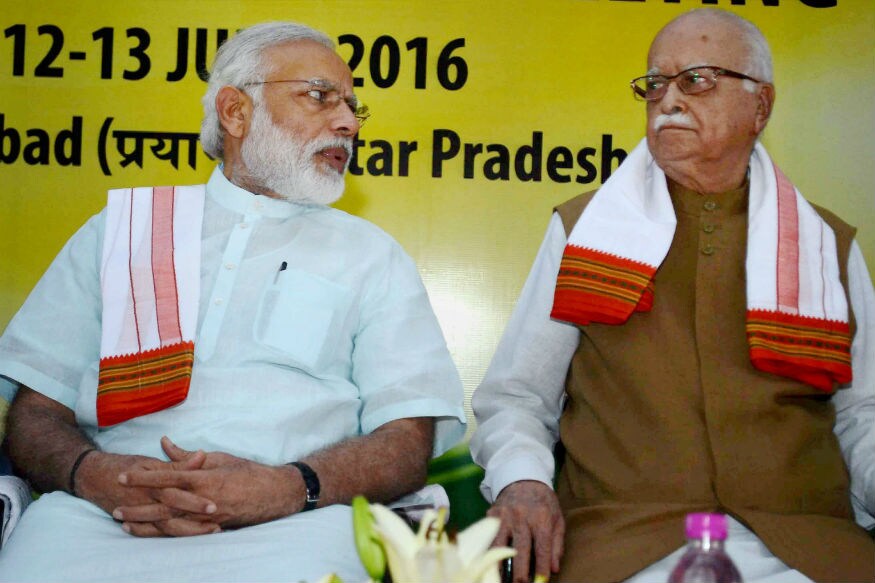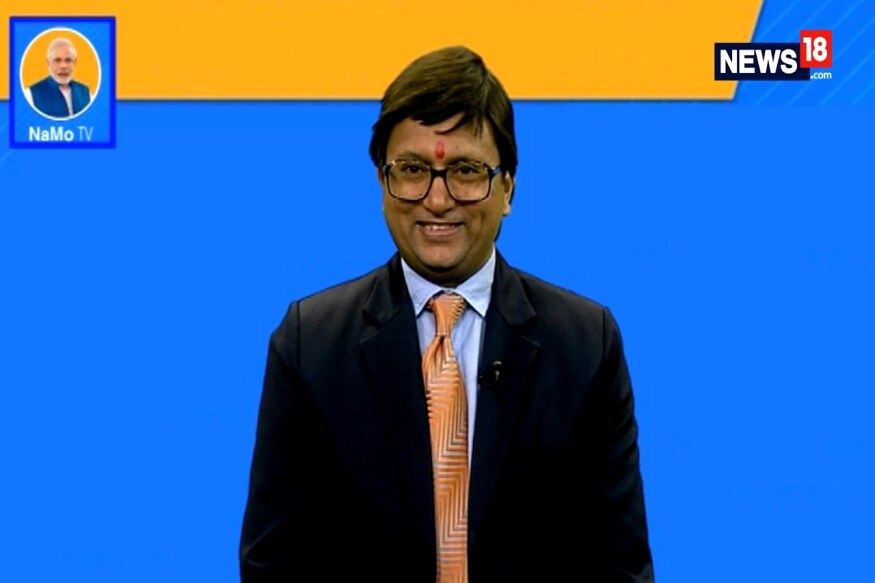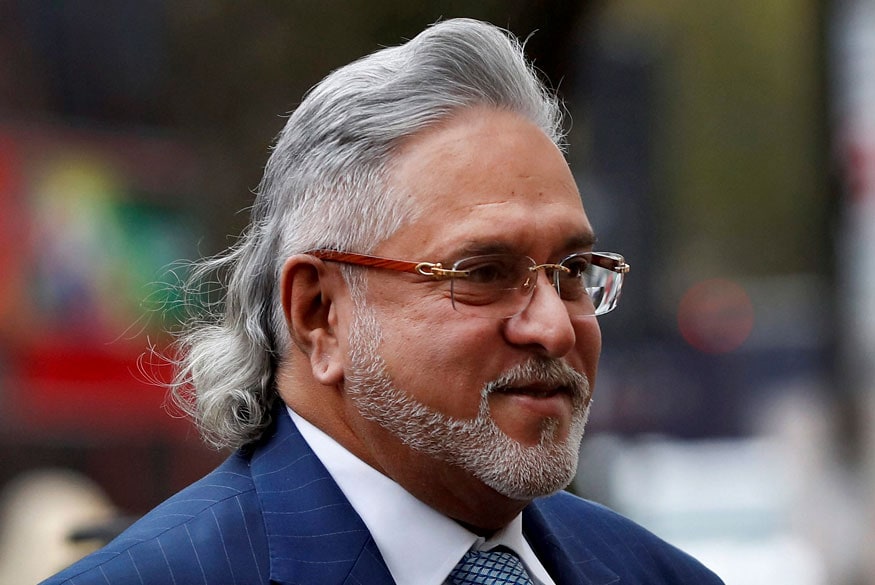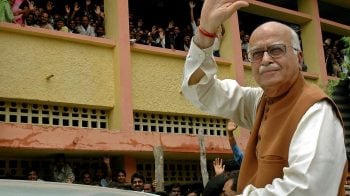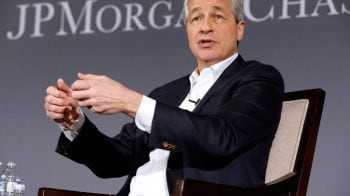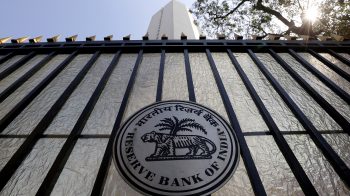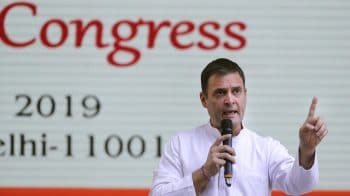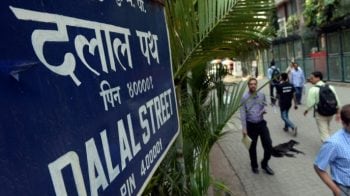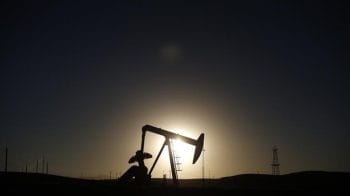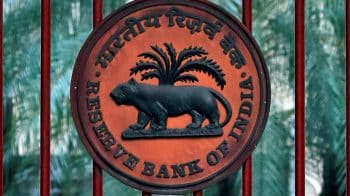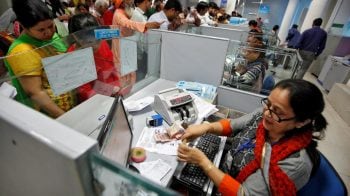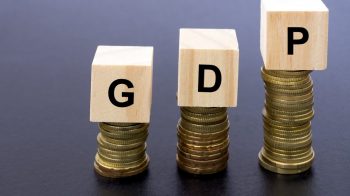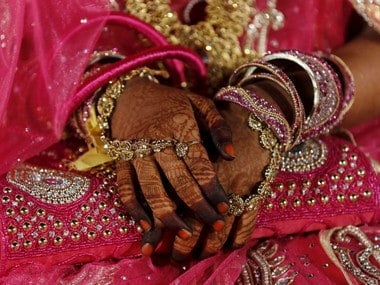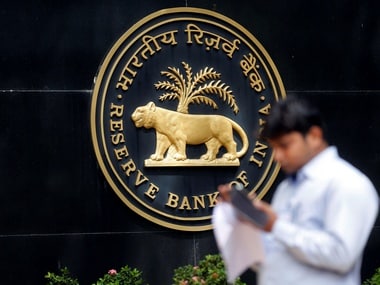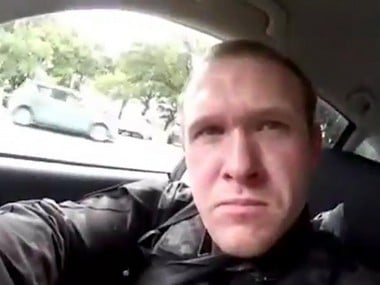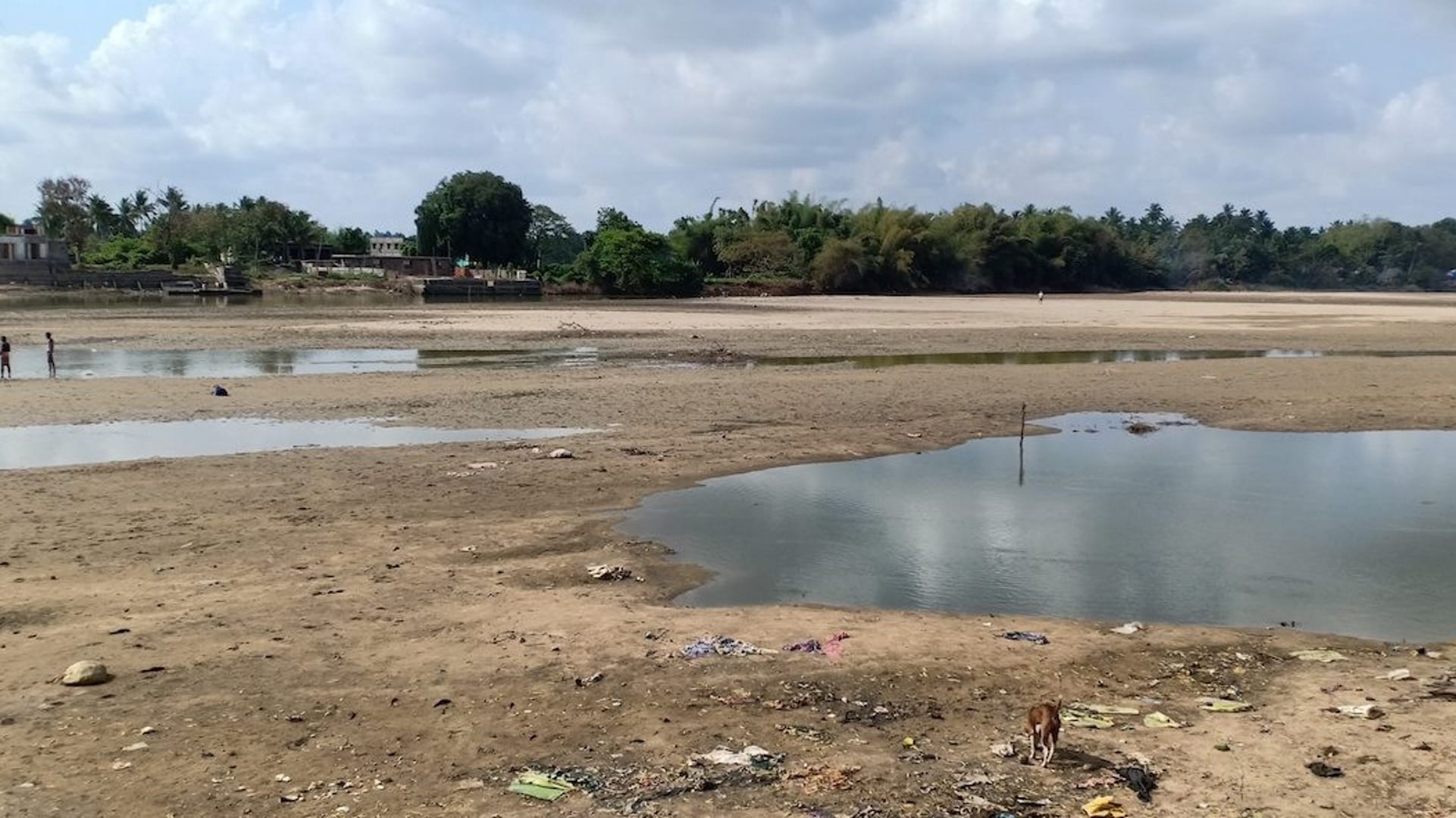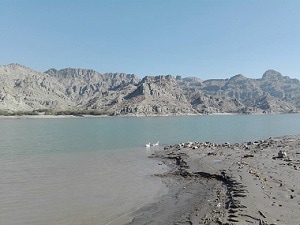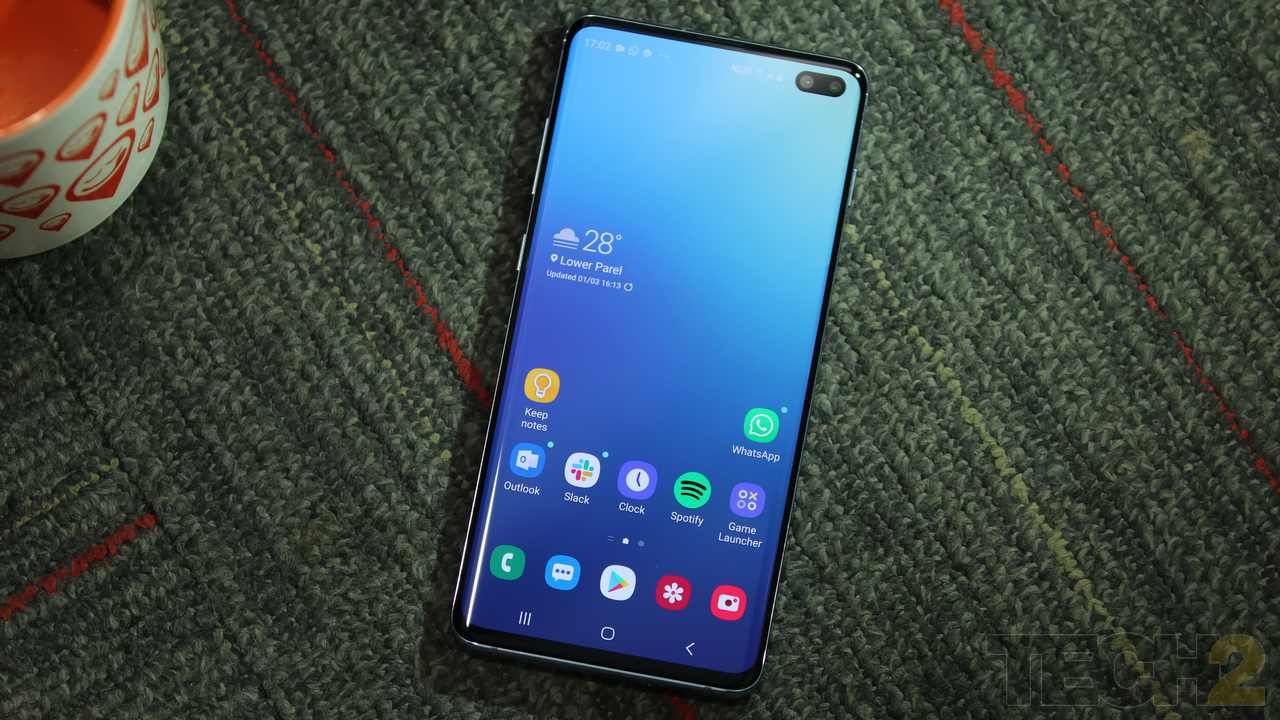The three Union Territories of Lakshwadeep, Dadra and Nagar Haveli and Daman and Diu have one Lok Sabha seat each
The three Union Territories in India's West— Lakshwadeep, Daman and Diu and Dadra and Nagar Haveli— will go to polls in April.
While Lakshadweep is set to vote on April 11 in the first phase, Daman and Diu and Dadra and Nagar Haveli will vote on April 23, during the third phase.
All three regions have one seat each, and have elected a mix of candidates representing both the Bharatiya Janata Party (BJP) and Congress over the years. Here's a look at the issues that the regions face, and how they have voted in past elections.
Lakshadweep
Lakshadweep is the smallest Lok Sabha constituency in terms of the number of voters. Reserved for Scheduled Tribes, the political history of the region was dominated by P M Sayeed of the Congress.
Sayeed served 10 terms as a Member of Parliament (MP). Elected for the first time in 1967, Sayeed was dethroned in 2004 by a Janata Dal (United) candidate. While Sayeed died in 2005, his son, Muhammed Hamdulla, won the 2009 election on a Congress ticket. However, he lost the subsequent election to sitting MP Mohammed Faizal PP of the Nationalist Congress Party (NCP).
Before 1967, the MP to the Lakshadweep seat was directly elected by the President.
Also Read | Lok Sabha Polls: Anti-incumbency, Ayyappan and the Church in Kerala’s Pathanamthitta
In 2017, BJP president Amit Shah toured the archipelago and met the party leadership in the region. The islands have a dominant Muslim population, and the BJP is hoping to make headway in the region.
Tourism is one of the major contributors to the island's economy. Issues such as environmental damage, poor condition of healthcare and the need for better infrastructure will dominate the political discourse on the islands.
Daman and Diu
Daman and Diu came into existence following the implementation of the Goa, Daman and Diu Reorganisation Act, 1987.
This seat has swung between Congress and BJP, with the latter's Lalubhai Patel winning the last two elections.
During the 2014 elections, Narendra Modi had campaigned in the region and had promised to bring development to the territory. He had said "restrictions are being imposed in the name of environment" and the fishermen in the region were being harassed by Pakistan's Navy, something that he will look into if he became the PM.
Also Read | Tejashwi Yadav: From middle-order batsman to the 'chosen one' of Bihar politics
"I have been serving the people of Gujarat for the last 13 years. However, I did not get a chance to serve the people here, as it is not possible to do so from Gujarat. For that I have to go to Delhi," the then Gujarat CM had said.
In 2018, four years after he went to Delhi, PM Modi announced projects worth Rs 1,000 crore for Daman and Diu. He has also brought the region under the aegis of the government's ambitious UDAAN scheme, connecting it to Ahmedabad. The Prime Minister had also said the Blue Revolution scheme would benefit the fishermen in Daman and Diu.
Dadra and Nagar Haveli
The Dadra and Nagar Haveli Parliamentary seat is reserved for Scheduled Tribes (STs). BJP's Natubhai Gomanbhai Patel is the sitting MP from the seat.
Patel had defeated Congress' candidate Mohan Delkar during the 2014 elections by more than 6,000 votes. That decision might have influenced Congress' decision not to re-nominate Delkar. Delkar, in his turn, resigned as the president of the Congress unit of the region and has now filed nomination as an Independent candidate.
On the BJP side, its Mahila Samiti chief Ankita Patel had resigned on March 24. She had stated that despite being an MP for two terms, Patel had not done any work for the region.
Dadra and Nagar Haveli is landlocked between northern Maharashtra and southern Gujarat, and has a mix of cultures. It was liberated from the Portuguese rule in 1954.
The issues that may dominate here include tribal rights and the rights of factory workers, particularly in Silvassa, the capital city.
The city has a number of factories and was chosen as one of the cities for PM Modi's Smart Cities Mission.








